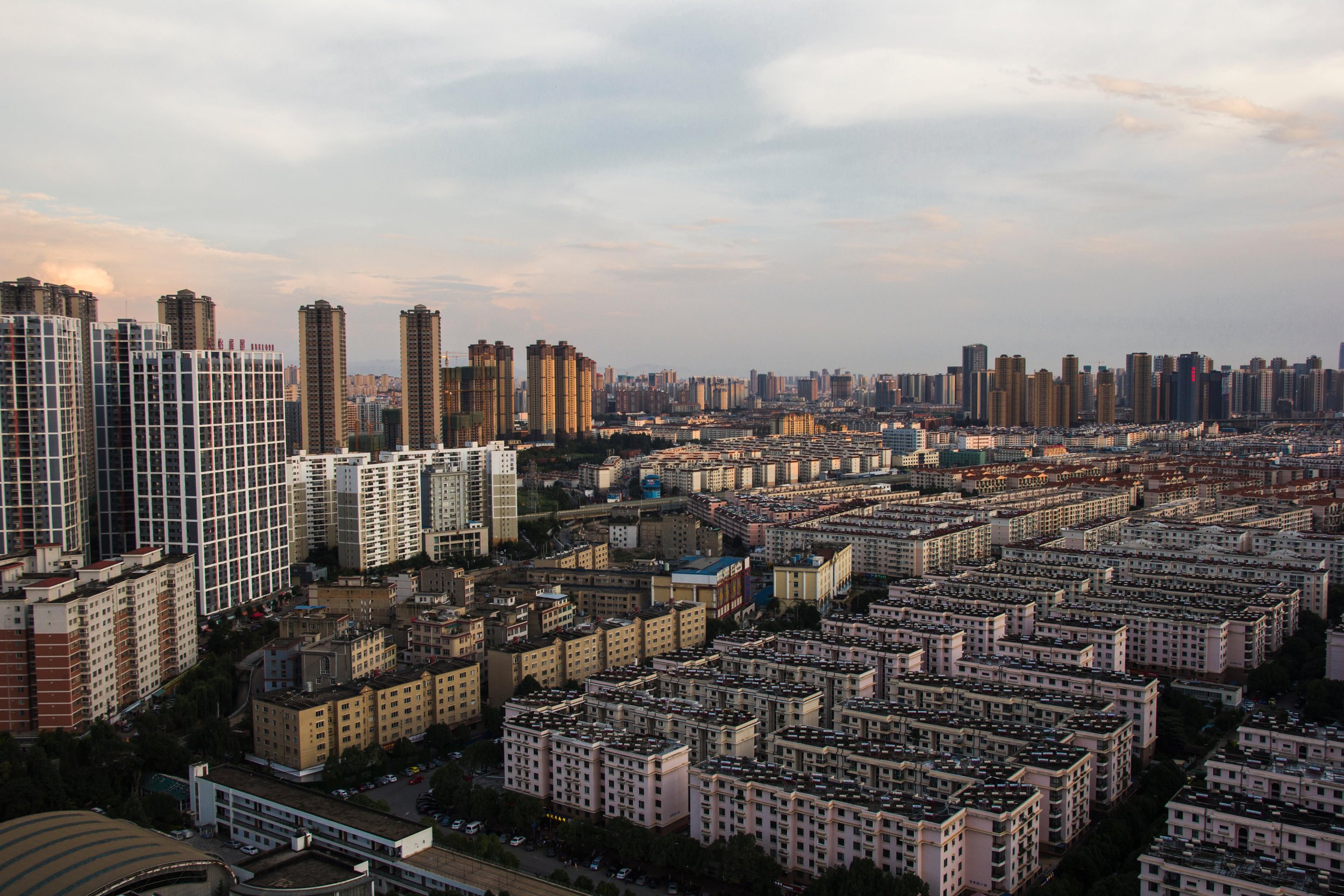PROJECTS
Here, you will find a one-stop-shop for each SOC ACE research project including publications, information about events and external engagement, media and contact details for researchers.
The centrality of the margins: Borderlands, illicit economies and uneven development
This research project examines how conflict-affected borderlands, like those between Myanmar and China, are intricately connected to development in metropolitan centres. It challenges the idea that these areas are marginalised due to a lack of integration. The project aims to inform strategies for addressing borderland economies and transnational crime.
Smuggling along the new silk road: The role of Global Trade Hubs (GTH)
The project evaluates the role of Global Trade Hubs (GTH) along the maritime Silk Road in facilitating illicit activities, particularly smuggling, leveraging proven methods based on mirror trade statistics. By comparing these findings with existing assessments of illicit activities and flows, the project aims to provide insights into the potential risks associated with GTH involvement in illicit financial flows (IFFs).
Exploring the Consequences of Organised Crime and Illegal Trade Displacement on Eurasia
The war in Ukraine and sanctions on Russia are leading to tectonic changes in Eurasia’s illicit scene. The war has disrupted licit and illicit supply chains throughout the region, changed routes of trafficking and shifted production of illicit commodities. This project aims to understand changing dynamics in respect of the following: a) threats in borderlands and seaports; b) opportunities in neighbouring countries as legal companies and criminal enterprises step in to fill the void of meeting the demand on sanctioned goods in Russia; c) actors in smuggling and trafficking; and d) elite bargains related with illicit flows.
Narcotics smuggling in a new Afghanistan
This research is part of the project ‘Monitoring the evolution of the illicit economy in Afghanistan’ which seeks to develop an overarching framework to better understand how a monitoring system for illicit markets in Afghanistan could operate. This will provide policy-makers in Europe and elsewhere with more advanced tools for scenario planning illicit trade developments and thereby formulate more effective policy responses against them. The research paper examines Afghanistan’s narcotics trade and smuggling patterns, which are intertwined in different ways with the economic fate of the Afghan state and society.
Evaluating Afghanistan’s past, present and future engagement with multilateral drug control
This research is part of the project ‘Monitoring the evolution of the illicit economy in Afghanistan’ which seeks to develop an overarching framework to better understand how a monitoring system for illicit markets in Afghanistan could operate. This will provide policy-makers in Europe and elsewhere with more advanced tools for scenario planning illicit trade developments and thereby formulate more effective policy responses against them. With the Taliban capturing control of Afghanistan, what the new regime will mean for illicit economies in the country, the region and the global community more broadly, and how they may evolve in the future, is the subject of this analysis.






